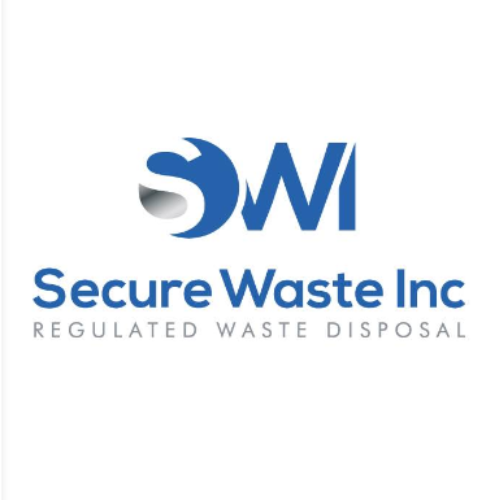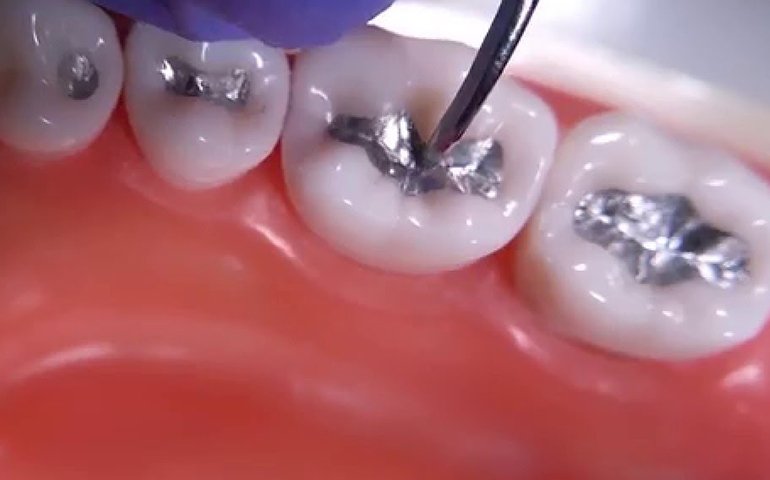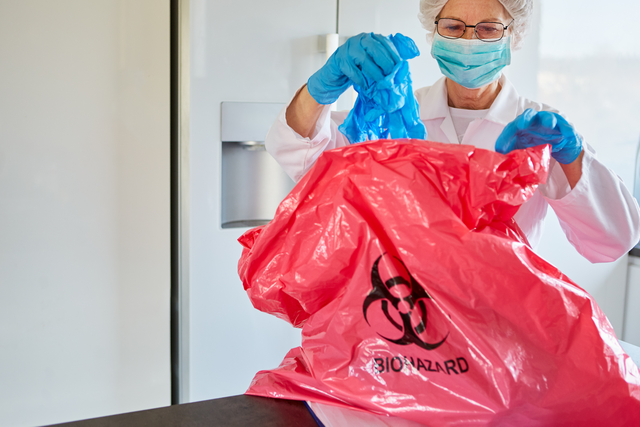How To Handle Dental Amalgam In 2025: Expert Solutions From Secure Waste
Secure Waste does not just handle Biomedical and Sharps waste for Dental practices. We provide continuing education. Dentists and dental professionals increasingly recognize the importance of effective waste management, especially dental amalgam. Embracing recycling practices ensures compliance and promotes a healthier environment for everyone!
The Environmental Protection Agency (EPA) implemented a fantastic new rule encouraging dental facilities to enhance their environmental practices. Requiring these facilities to install amalgam separators ensures that amalgam waste is recycled responsibly and handled correctly. This step helps them comply with regulations and reflects their commitment to a healthier planet and better dental care!
The EPA is very concerned about amalgam because of one ingredient in the substance: mercury.
The EPA, the American Dental Association, and numerous other organizations have stated that the mercury present in dental amalgam is safe for individuals who choose to use it as a cavity filling. This is because the amount of mercury in these fillings is typically low enough to pose no significant concern. Amalgam fillings, often silver fillings, are safe, durable, and cost-effective for treating cavities.
However, dental offices and similar facilities handle substantial quantities of biomedical waste and amalgam and may generate significant amounts of waste amalgam over time. Ultimately, all of this waste ends up in community wastewater systems.

Secure Waste explains how mercury exposure occurs:
The World Health Organization (WHO) highlights that mercury, a fascinating naturally occurring element, can be found in our water, soil, and air. It’s interesting to note that it can also be released through volcanic eruptions and the natural weathering of rocks.
Human activities, primarily mining, industrial processes, and coal combustion are the primary sources of mercury in our environment. Understanding these sources allows us to take meaningful steps to reduce our impact. While mining and industrial activities pose higher risks, mercury can also come from incineration, excessive fish consumption, and landfill waste. Let’s stay informed and make positive choices for our planet!
Secure Waste explains why dentists must still handle amalgam waste correctly:
Dental practices must actively manage mercury waste to prevent contamination of wastewater systems. Implementing and monitoring effective waste management protocols is essential, particularly the installation of amalgam separators, which capture amalgam waste and protect our water sources.
Without proper practices, waste can enter spittoons or drains without separators, ultimately reaching water treatment facilities. While these facilities strive to remove harmful waste, leftover mercury can still affect groundwater. Although most waste often goes to landfills, incineration can release mercury into the air. Responsible waste management is vital for protecting our communities and the environment.
Secure Waste explains how to stay in compliance with dental amalgam waste:
Keeping your facility or practice compliant with all local, state, and federal regulations is essential. This knowledge creates a strong foundation for compliance! Additionally, partnering with a reliable waste management services provider can simplify the process, ensuring you meet all necessary regulations confidently and efficiently. Together, we can create a safer and more responsible dental environment!
In closing, now that you know what types of waste are generated in a Dental office, contact Secure Waste: We provide reliable, compliant, and eco-friendly Biomedical waste disposal solutions for your facility’s needs. We have expertise in biomedical, hazardous waste, and Sharps container disposal. In addition, we provide customized waste management plans, including secure collection and transport and sustainable disposal practices.
Contact us today for a FREE Waste Assessment, or request a quote online!

Expert Medical Waste Management: With over 25 years of industry experience, Secure Waste is a trusted local leader in hazardous and biohazardous waste disposal across Maryland, Virginia, and Washington, D.C. Specializing in medical waste management, sharps needle disposal, and biohazard waste removal, the company ensures full compliance with federal, state, and local regulations while prioritizing environmental sustainability.
The company also offers additional services, including secure document shredding and sharps container sales, providing comprehensive solutions for healthcare facilities and businesses. Our cost-effective services help clients maintain regulatory compliance without unexpected costs.
With a commitment to customer satisfaction, Secure Waste offers tailored waste management plans that align with industry best practices. Their team of experts provides reliable, timely, and compliant services, making them the preferred choice for medical waste disposal. For a free waste quote or more information, visit www.securewaste.net





